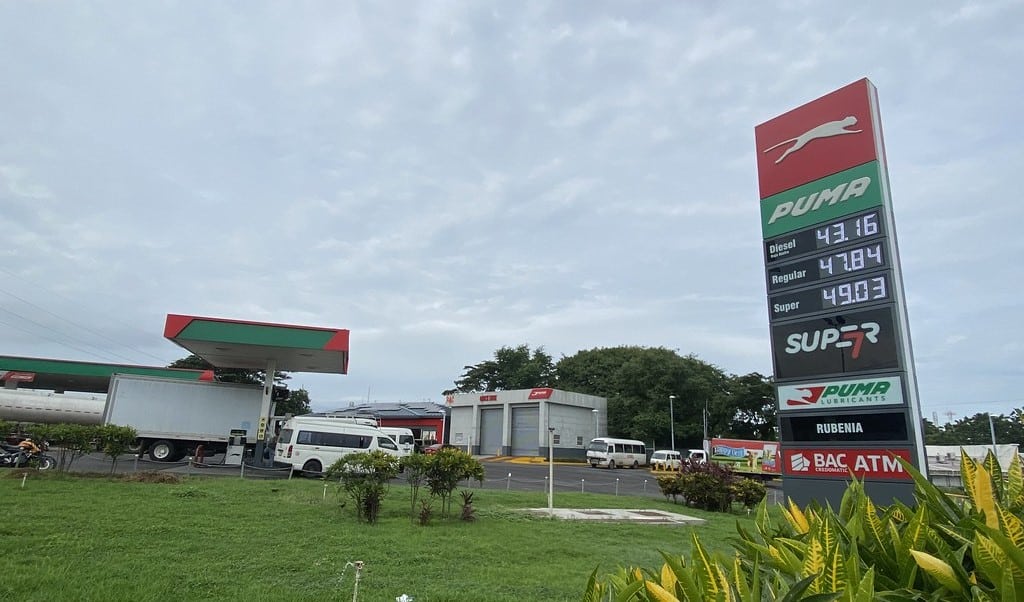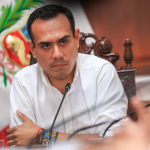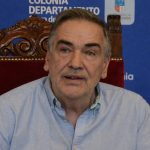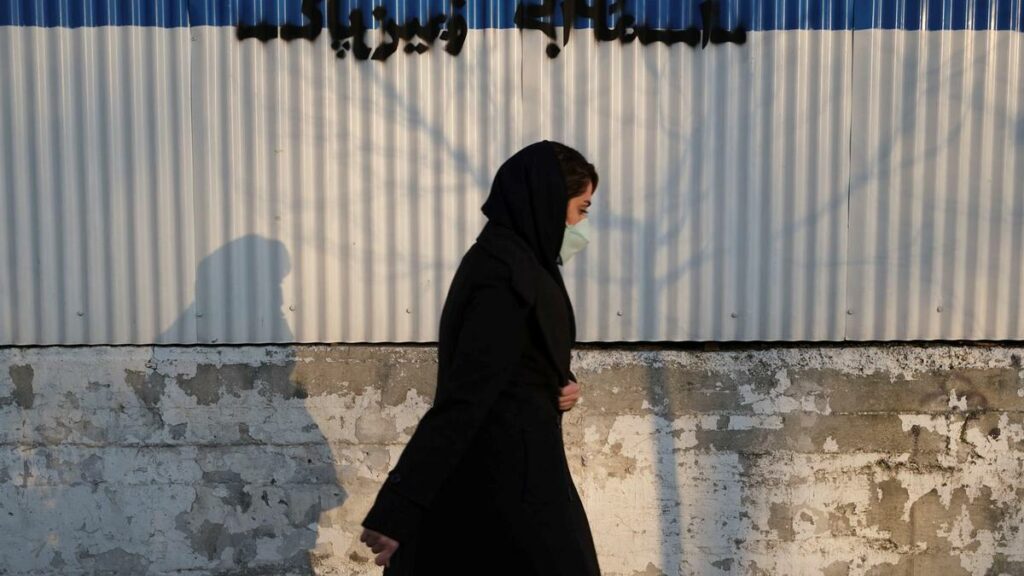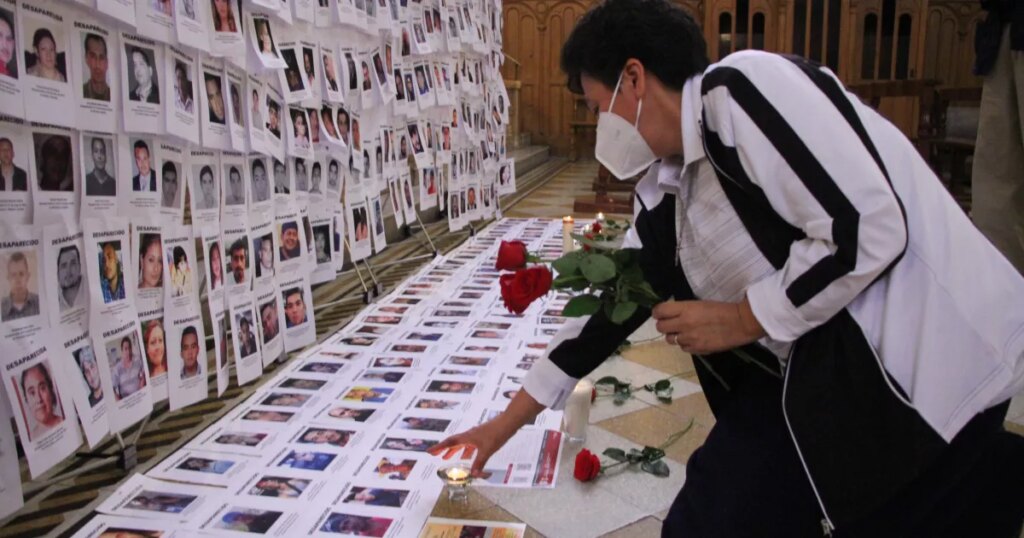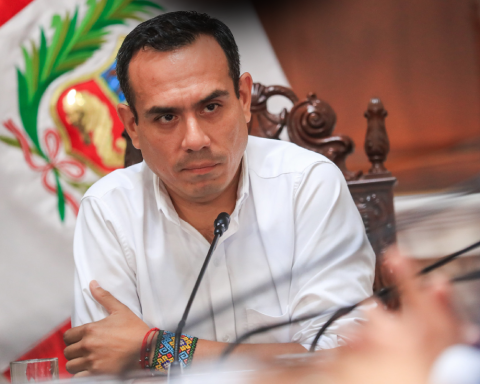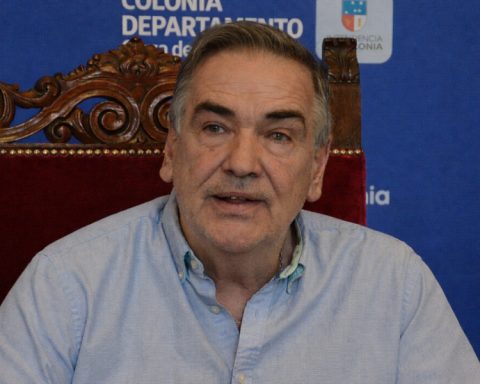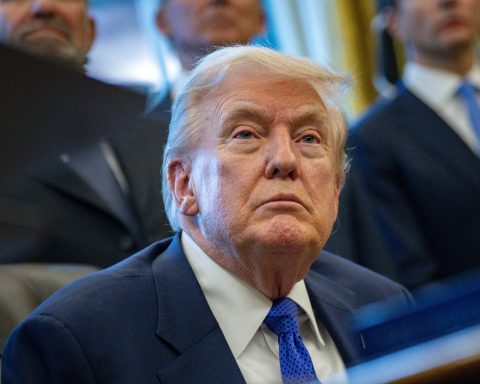Despite a reduction in the international price of a barrel of WTI oil —a reference for the American continent—, the regime of Daniel Ortega and Rosario Murillo keeps fuel prices frozen at the top of the schemewith which Nicaragua pays for the most expensive gasoline in Central America.
On March 20, the Ortega y Murillo Administration announced the freezing of fuel pricesdecision that still valid eight months later. The problem is that prices were frozen when they were high, but did not change when the price of a barrel of oil or other hydrocarbons decreased, so that the measure designed to favor users and the economy as a whole ended up harming to much.
That policy is based on “a gigantic fraud.” according to the economist Enrique Sáenzwho considers that the premiums that Nicaragua pays with respect to its neighbors on the isthmus, are fundamentally explained by a decision imposed “from the economic power and from the political power, because each Nicaraguan pays that premium that translates into profits for those who are in the business: Ortega and his cronies”.
33% cheaper oil
The data backs up those assertions.
On April 1, affected by the anxiety caused by Russia’s war against Ukraine, the markets saw the price of a barrel rise to 114.58 dollars. Since then, the price has been falling steadily, month by month — with the exception of August — to stand at $76.55 per barrel, at this time.
The difference of $38.03 represents a decrease of 33.2%, benefit that does not reach the pockets of usersremains in the hands of the oil companies.
The application of a reduction in a similar percentage, would allow the liter of super gasoline —which costs 48.97 córdobas (185.11 córdobas per gallon), since the first week of April— to be quoted at approximately 34.28 cordobas per liter or 129.58 cordobas per gallon.
The price of regular gasoline —which is 47.81 córdobas per liter (180.72 córdobas per gallon)— has remained unchanged for more than seven and a half months, when should sell for 33.47 córdobas per liter, or 126.50 córdobas per gallon.
In the case of diesel —which is the fuel with the highest consumption nationwide— its current price is 43.21 córdobas (163.33 córdobas per gallon), although it should be close to 30.25 per liter, or 114.33 per gallon.
Nicaragua: Gasoline USD 0.90 more expensive
When compared to the rest of Central America, Nicaragua pays the most expensive gasolinewhile diesel is purchased more expensive in Costa Rica and Guatemala, two of the largest economies in the region.
Data obtained on the Global Petrol Prices portal, show that as of November 21, Nicaraguan drivers paid $5.15 per gallon for super gasoline, while Ticos paid $4.96; Hondurans, $4.67; Guatemalans, $4.48; the Salvadorans, 4.31 dollars; and Panamanians about 4.25 dollars, that is, ninety cents less than in Nicaragua.
The ranking for diesel —always according to Global Petrol Prices— shows that Costa Rican industry and heavy transportation pay the highest price per gallon: $5.14, while the price in Guatemala reaches $4.72. On the same date, Nicaragua paid $4.54 per gallon for diesel; Panama, 4.50; Honduras 4.34, and El Salvador, 4.14, that is, forty cents less than in Nicaragua.
USD 200 million from CABEI… for?
The fact that Nicaragua —like the rest of the countries in the region— has access to a 200 million dollar fund created by the Central American Bank for Economic Integration (CABEI) to finance a regional support program in the face of global price rises of fuels, does not seem to have had an impact on the price paid by drivers.
The CABEI program, which is endowed with up to 800 million dollars, was presented as an initiative to finance the “Temporary Support Program for the Fuel Crisis in Nicaragua”, to reduce the impact of the increase in fuel prices .
Though at the time of approving the loan With CABEI, deputies Walter Espinoza (liberal), and the official Wálmaro Gutiérrez defended the approval of the loan in the name of the supposed benefits that the population would receive, the fact that the international price of fuels continues to fall, while in Nicaragua they continue to be frozen in the top of the scale shows that Those promises still don’t come true.
